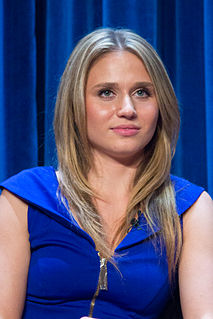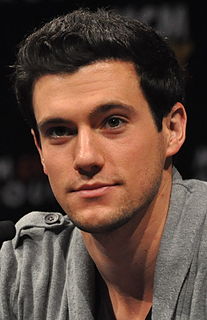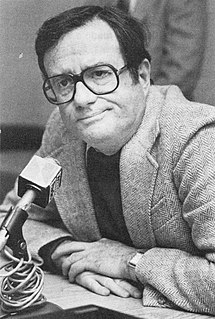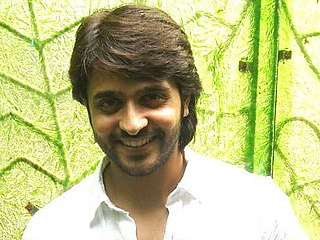A Quote by Michael Hirst
You have to create characters - certainly in series TV - who people engage with. They don't have to be nice; you don't have to agree with them. But they do have to be compulsively watchable and believable and human, and you want to know what happens to them.
Related Quotes
Of course I know that the twins are only words on a page, and I'm certainly not the sort of writer who talks to his characters or harbours any illusions about the creative process. But at the same time, I think it's juvenile and arrogant when literary writers compulsively remind their readers that the characters aren't real. People know that already. The challenge is to make an intelligent reader suspend disbelief, to seduce them into the reality of a narrative.
I try to be sensitive, but the atmosphere I create is very supportive. One overriding premise of the series is that guilt is not heritable. It's good to know about them, but you are not responsible for them. You don't have to apologize for them. It's a process of knowing, and the more you know, the richer the sense of yourself. The firmer your foundation as a human being is
In my opinion, visual effects are great when it compliments a good story, and action is great when it compliments a good story, but just to have them for the sake of having them, it gets a little boring, especially if you're talking a TV series. At least with a movie that's an hour and a half to two hours, you see it and you're impressed, and then you're out. With a series, if it's only that, week after week after week, there's nothing there to bring you back. You have to get invested in the characters and care about them and want to follow them.
It makes it very easy. I have a beginning, middle, and end, and I don't film for long - about 20 hours usually for a two-hour film - so it's easily watchable in a week for me and the editor. Once I know who the characters are, I only film those characters, unless somebody else forces their way into the film by a scene happening to them or we meet them by chance.
With a novel, you have the reader with you a lot longer, and you owe him a lot more. Obviously you have to have a plot - I say "obviously," although I think a lot of fiction doesn't, and nothing seems to happen. But to me, there should be something that happens, and it should be at least vaguely plausible. And because the readers are going to be with these characters for a long time, you have to get to know them and like them and want to know what happens to them.
You have to do three things really well to make a successful film. You have to tell a compelling story that has a story that is unpredictable, that keeps people on the edge of their seat where they can't wait to see what happens next. You then populate that story with really memorable and appealing characters. And then, you put that story and those characters in a believable world, not realistic but believable for the story that you're telling.
I don't want to know about the lives of other actors and I don't want people to know too much about me. If we don't know about the private lives of other actors, that leaves us as clean slates when it comes to playing characters. That's the point, they can create these other characters and I can believe them.
I don't want to know about the lives of other actors and I don't want people to know too much about me. If we don't know about the private lives of other actors, that leaves us as clean slates when it comes to playing characters. That's the point, they can create these other characters and I can believe them. I think if you're a good enough actor, that's the way to longevity in the film business. Keep everybody guessing.





































